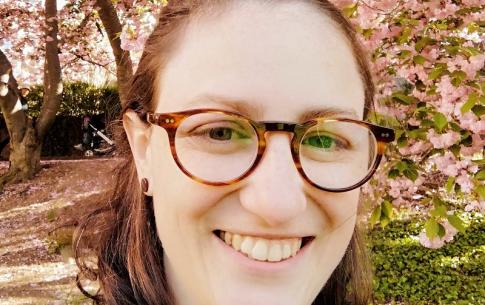ScholaResc
How do rescued scholars change their host academic environments?
JEM
Europe
octobre 2022 - septembre 2024
Coordination
ABSTRACT
ScholaResc aims at examining the academic (re)insertion of exiled scholars from the Global South and to detect what innovations they bring to their host societies. This interdisciplinary project will develop an original methodology combining network, bibliometric and biographical analysis designed to allow systematic mapping of the academic exchanges between exiled scholars and their peers in the destination countries. This toolkit will be applied to carry out an in-depth socio-historical study of the exile of Brazilian scholars in France after the military coup of 1964. This original investigation of an understudied case of academic rescue with long-lasting intellectual legacies contributes to the research agenda on the international circulation of knowledge and global intellectual history, as well as to the fields of Latin-American, exile, and migration network studies. Moreover, it sheds light on contemporary trends and challenges arising from the inclusion of exiled scholars into host societies. This topic is particularly timely and relevant because of the significant growth of threats to academic freedom in the past decade. The methodology developed for this research will be openly shared with the civil society organizations and policymakers currently engaged in helping academics at risk. Intersectoral dialogues with these organizations will lead to the adaptation of the tools to the study of current cases of scholar integration and to the dissemination of the findings of the research, thus contributing to promote a more inclusive and diverse science and society. ScholaResc will be carried at the interdisciplinary Laboratoire d’Économie et de Sociologie du Travail (LEST) affiliated to the Centre National de la Recherche Scientifique (CNRS) and Aix-Marseille University (AMU).
KEY-WORDS
Scholar Rescue; Exile; Social network analysis; Bibliometric analysis; Biographical bifurcations
